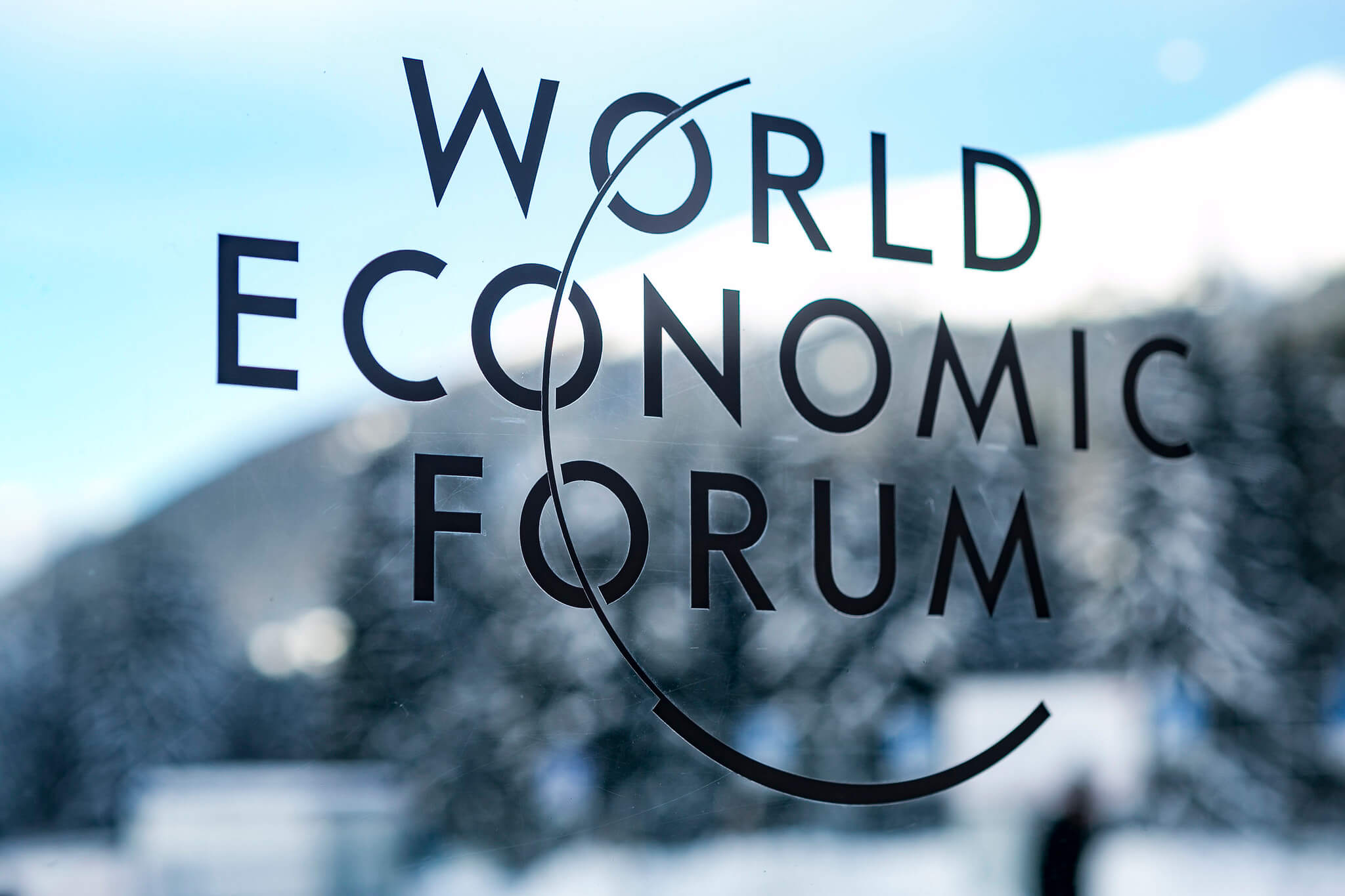
The World Economic Forum (WEF) has launched six councils
covering some of the most pressing technology areas, namely blockchain,
artificial intelligence (AI), the Internet-of-Things (IoT), autonomous mobility,
drones and precision medicine. The councils will focus on developing policy
guidance and address “governance gaps” or the absence of well-defined rules for
these emerging technologies, the organization said
on Wednesday.
The councils will work on developing policy frameworks for
their respective area of focus, and take action to address gaps in public policy
or corporate governance. They will also provide strategic guidance to WEF’s Centre
for the Fourth Industrial Revolution (C4IR) regarding the governance projects
and pilots they undertake.
“Companies and governments are not moving fast enough to
anticipate social expectations in the Fourth Industrial Revolution,” said
Richard Samans, managing director and head of policy and institutional impact
at WEF.
“We believe that this bottom-up, societally-focused approach can help to build and maintain public trust in the technologies while strengthening the evidence base on which policy decisions are made by governments and companies. This is the first place where this kind of high-level, strategic dialogue on the governance of these technologies will take place across stakeholders and regions on an ongoing basis.”
The six councils count more than 200 members from the public
and private sectors, civil society and academia. The councils are chaired by
leaders of companies and organizations including the Chinese Academy of Medical
Sciences, Dana-Farber, the European Commission, Microsoft, Qualcomm and Uber.
Familiar names include Elizabeth Rossiello, CEO and founder
of BitPesa, who co-chairs the Global Blockchain Council, Bradford Smith,
president of Microsoft Corp, who co-chairs the Global Artificial Intelligence
Council, and Dara Khosrowshahi, CEO of Uber Technologies, who co-chairs the Global
Autonomous and Urban Mobility Council.
Council members met the first time at WEF’s C4IR in San
Francisco on Wednesday.
WEF established the C4IR in 2017 as a hub for global,
multi-stakeholder cooperation. The network brings together governments,
companies, civil society and experts from around the world to co-design and
pilot innovative approaches to the policy and governance of technology. It
focuses on developing, implementing and scaling up pilot projects that can be
adopted by policy-makers, legislators and regulators worldwide.
Five of the G7 countries, namely Canada, France, Japan, the
US and the UK, and more than 100 organizations are officially partnered with the network.

